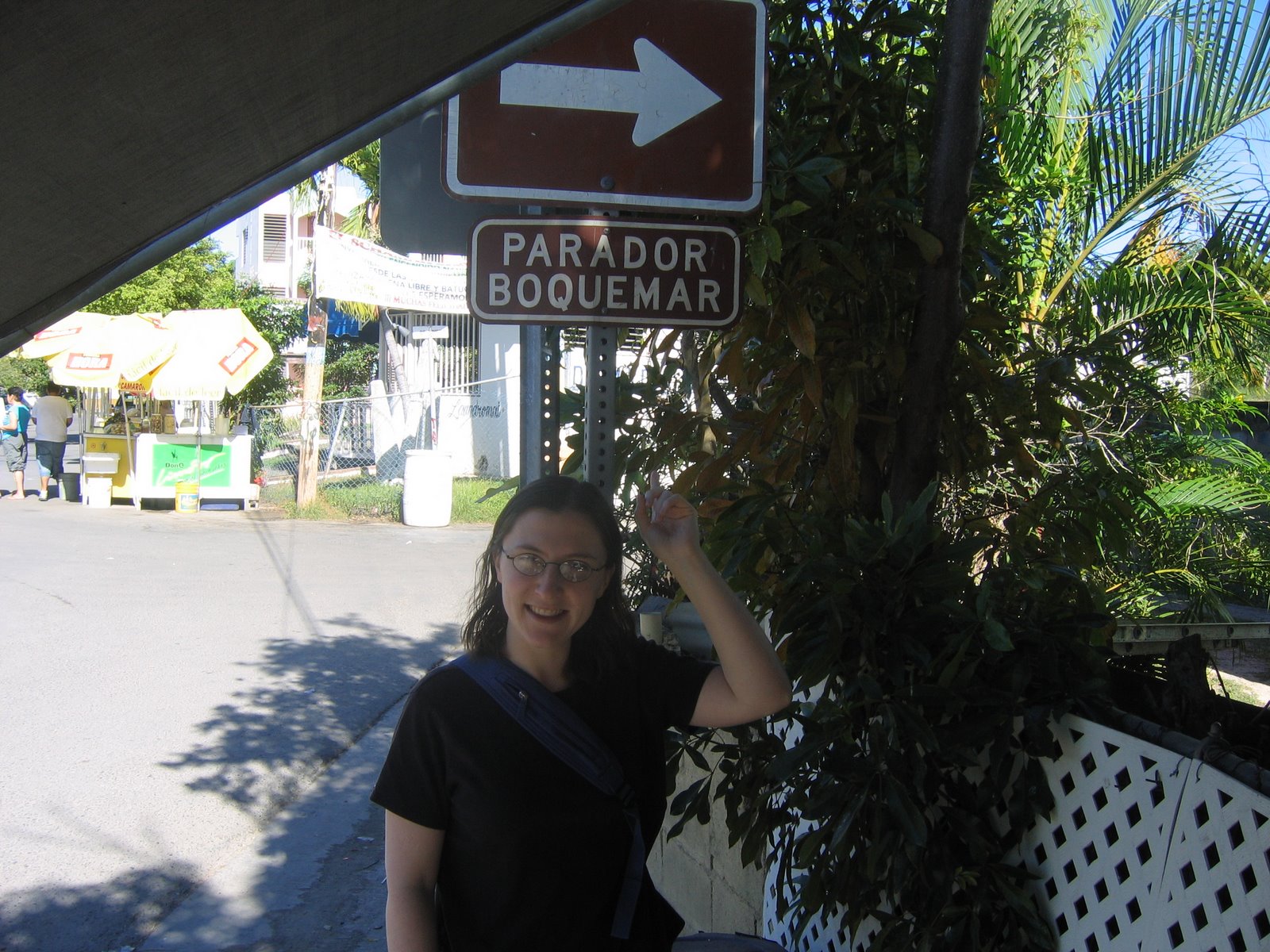Video games have always been about escapism. Players can turn them on and spend some time as a warrior battling monsters and searching for treasure, a soldier fighting alien soldiers on some distant planet, or a journalist way over their head wandering a haunted house. However, there has been a surge over the last few years of games where the objectives are much more down to Earth.
Sometimes called "life simulators," these games typically revolve around day to day activities in a small town, often with mild fantasy elements. Your goal is to gather resources for whatever your vocation is (mostly farming but not always) and develop friendships with your neighbors. The farming RPG Harvest Moon (Story of Seasons in Japan) is generally considered the father of this unique genre. The series had well over a dozen sequels and spin-offs and the formula was more firmly established with the incredibly popular Animal Crossing series, which puts more emphasis on the social aspects.
The release of Stardew Valley in 2016 has led to a boom of independent life simulation games. Several similar games have been released and many more are in various stages of development. Stardew Valley was mostly made by one guy, Eric Barone, and that fact becomes increasingly amazing the longer you play. I hadn't played this sort of game much in the past, but as soon as I started I understood the appeal - it's a deeply immersive, calming game. Your character inherits a dilapidated farm from your late grandfather right as they quit a soul-sucking office job. Here's a list of activities you can do while playing this game - plant, water and harvest your crops, gather some minerals from a nearby mine, go fishing in any significant body of water, clean up and customize your property with fences, statues and other decorations, raise livestock, chat with your neighbors and help them out with various favors, forage for berries and other goods in the wild, cook all sorts of dishes in your kitchen, invest time and resources in rebuilding the local community center, remember birthdays (like a boss), and attend seasonal festivals. Time passes day by day, season by season, year by year. The main story eventually ends but these games are often designed so that you can play them forever if you like. You can also eventually marry one of several eligible bachelors and bachelorettes and once your house is big enough, have children (although they never really age).
The game was an enormous hit and has been ported to almost all of the major video game consoles. I loved it and so did my kids. But what's behind the huge appeal of games like this? Well I think the reason is the same as it's always been with video games - escapism, seeking out experiences you can't have in the real world. Instead of epic adventure, gamers are looking for feelings of community, accomplishment, the sense that they matter. Those things are in short supply in today's world but we still crave them. It was only a matter of time before something showed up to meet the demand.
Another major game in this cycle is My Time at Portia, created by a small Chinese studio after a successful crowdfunding campaign. It's not as polished as Stardew Valley but it somehow has even more content and the setting is extremely interesting. It takes place in the far future after some ecological catastrophe led to a centuries-long era called "The Age of Darkness." But the Earth eventually healed itself and enough people survived to start over. They go about their daily lives with the ruins of ancient skyscrapers in the background. A central theme of the game is the tension between wanting to raise the standard of living for Portia's citizens while being careful how much dangerous technology from the past is involved.
While you can raise crops and livestock if you want to, the main focus of this game is on building or fixing things. Your character moves into the workshop left behind by their missing father (the inciting incident of these games is always about the same) and quickly becomes a central figure in Portia's development. You start making simple things like lampposts before moving on to more ambitious projects like aqueducts or a lighthouse. In addition to the familiar career advancement, friendships and romance, this game also offers a unique sort of hope. Devastation wrought by global warming may be inevitable, but maybe we'll survive. Maybe one day we'll even be able to start over again, hopefully having learned from the past. When you have the news constantly blaring that we have only ten years to fix everything before we all spontaneously drop dead, this kind of thing is quite comforting.
Every so often, I see some overwrought editorial about how people are spending too much time playing video games at the expense of engaging with the real world. Sorry, but the burden to fix that dynamic is not on the games. Real life needs to realize it has serious competition and step up. It's not enough to have better graphics, it needs to work on gameplay balance and add some anti-frustration features. I've never played a game where my character was denied a healing potion because an insurance company said no, struggled with an absurd amount of debt for upgrading their skill tree, or ran themself ragged doing side quests for the villagers while still not being able to afford food. Who in their right mind would create a world like that?
Monday, February 24, 2020
Subscribe to:
Post Comments (Atom)




No comments:
Post a Comment